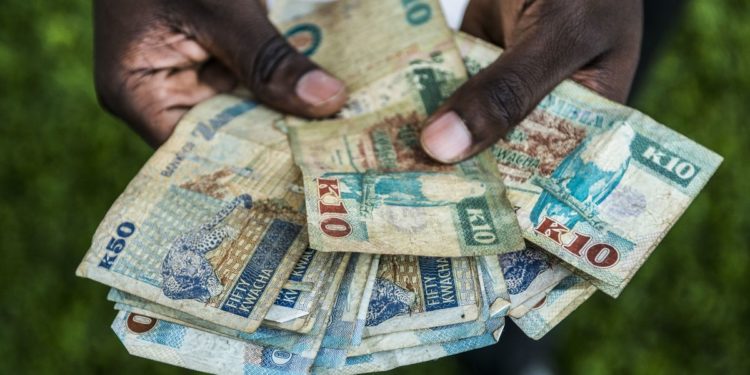Zambia’s Minister of Finance has rejected China’s request for the World Bank and other international lending institutions to participate in restructuring the nation’s debt. The Minister also stated that any delay in debt relief could impede the economic recovery of Africa’s second-largest copper producer.
In an interview with Financial Times, Situmbeko Musokotwane stated that completing the restructuring of approximately $13 billion in external debt is crucial and should be accomplished this year, three years after Zambia defaulted on the debt. He expressed that China’s demand for the inclusion of multilateral lenders in the restructuring process hinders the efforts to resolve. According to Musokotwane, the country needs to focus on finding immediate solutions rather than getting bogged down in discussions that may prolong the process.
China is the largest creditor of Zambia, with around $6 billion in infrastructure loans from various Chinese banks and $3 billion owed to all the country’s US dollar bondholders. China’s request to include multilateral lenders would go against the long-standing rule in sovereign lending that such lenders should be exempt from debt restructuring as they serve as lenders of last resort and charge low-interest rates.
China had previously agreed to provide relief to Zambia through the G20 standard framework process. Still, the detailed restructuring plans have since stalled, preventing the country from accessing a $1.3 billion IMF bailout and paying its debts. China’s objections to the restructuring were expressed in January, with a spokesperson for the foreign ministry stating that the key to reducing Zambia’s debt burden lies in the participation of multilateral financial institutions and commercial creditors.
During her recent visit to Zambia, US Treasury Secretary Janet Yellen referred to China as a “barrier” to reaching a deal. The nation has excluded less than $3 billion of its approximately $7 billion in external debt from the restructuring and has asked the remaining creditors to agree to reduce their claims by over $6 billion by either taking direct losses on the principal or lowering interest rates and extending repayment terms.
Analysts believe that Chinese banks could lower their rates enough to meet Zambia’s debt reduction targets while receiving more than what would be paid to multilateral lenders. However, Beijing is hesitant to set a precedent for taking direct haircuts on its loans to developing nations. Until official creditors agree to specific terms, Zambia cannot secure a deal with private bondholders.
Despite the delays, Musokotwane stated that Zambia is making progress in its creditor engagements and is confident in its fiscal plans. Some creditors have questioned the assumptions behind Zambia’s debt relief targets and suggested that foreign investors in the nation’s local currency bonds should also take haircuts. However, Musokotwane stated that including domestic bonds in the restructuring would risk destabilizing the macroeconomic stability and would not be considered.
Read Also: China Delays Loan to Zambia Over Claims on Local Debt




